This is how you will learn to put yourself first without having an awful feeling.
Lately, my husband has been diligently on rehabbing a business. Now, given the nature of my work, it’s location independence, and the fact that my schedule is fluid– I’ve been trying to help him out in any way I can. This has had its ups and downs, but I’ve noticed a real pattern with my own contributions.
A lot of emotional weirdness comes around while giving and receiving. One minute I feel generous and happy with my contributions and the next I feel resentful and withholding. As I’ve dug deeper to try and figure out why this is such a stubborn cycle, if you’ve ever felt generous then resentful, then back again, maybe you can relate.
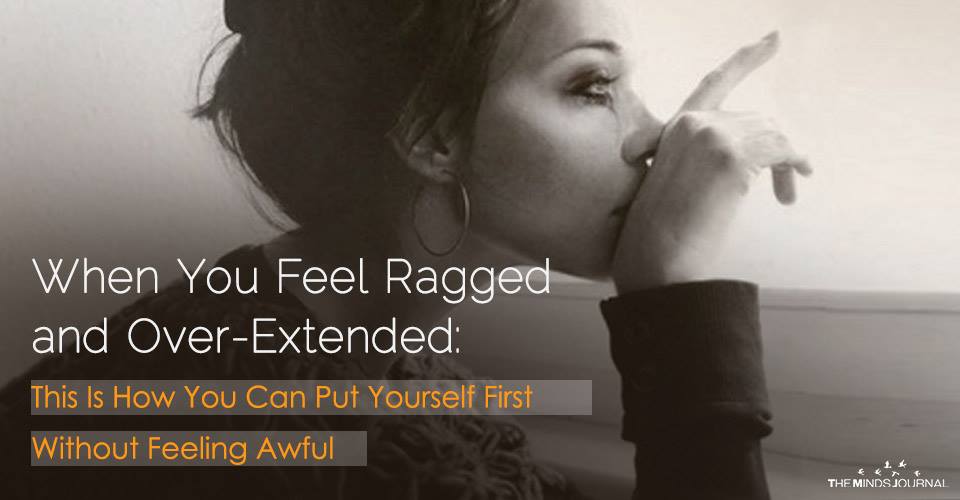
As I’ve been trying to honor my own needs while being generous to my partner, I’ve noticed that there’s a monumental difference between making mindful sacrifices for the good of the whole in a relationship and sacrificing yourself. Often we’re prone to sacrificing ourselves for our relationships instead of giving to ourselves first and then, when we’ve filled our tank, extending outward.
We’re left with the feeling that we cheated ourselves out of our own time and attention that we so desperately needed. The sad part about this kind of over-giving is that sometimes we choose this as the DEFAULT position. We put others ahead of ourselves without even considering the cost or what we’re giving up.
Read How to Love Yourself More (Even When Others DON’T)
It’s a little like an old-school scale (think gothic scales of justice). We put our effort and giving on one side of the scale and as it loads up and swings down lower and lower, we look around to see if anything is going on the other side of the scale to feed our own goals, dreams, and hopes.
We get stuck in a place of giving out and trusting that we’ll eventually get back, but the problem is that we often overlook the needs that we could easily meet ourselves. We skip right past making ourselves happy— perhaps because we feel selfish or like if we don’t spend our light helping everyone around us, things won’t get done. We give this labor away and what we’re left with is a cage of our own designs, a feeling of trapped that can only be gotten by intentionally giving our power away.
This is not to say that giving is bad, or that making sacrifices for the good of a whole is bad but allowing ourselves to pick ourselves last. That moment where we know that we would feel better if we honored ourselves but don’t take the opportunity. The twinge of guilt or shame that made us say yes when we should have said no. The moment where we know good and well that by putting someone else first, what we really want takes a back seat.
By doing this, we give up our power that we often don’t even realize that we’re doing it. Then we feel resentful and overextended. It FEELS LIKE we’re being taken advantage of.
It FEELS LIKE someone else is doing something to us, but we skip right over the fact that we gave when we shouldn’t have, we gave and it got out of hand, or we allowed a sweet-talking human to burrow inside our brain.
Or we felt guilt and shame about “not helping” or “not being a nice girl (or boy).” The thing is, that “nice person” inside our psyche sometimes desperately needs to grow up into a strong adult who has the right boundaries.
Why do we choose not to honor that is best for ourselves?
A subconscious fear runs through the spine that other people won’t like us. We mistakenly believe that we can win someone over by being completely selfless (after all, it works in the movies).
We fear that we’ll somehow revert to complete and utter selfishness and we’ll feel even worse than before we said no. Or we’ve so conditioned the people around us that they expect we’ll cater to them and when we don’t, they freak out. Or we finally say no and then beat ourselves up over the other person’s reaction.
Instead, I propose this: I think that when we honor who we truly are in our relationships, without the guilt, fear, and shame involved in over-giving, we’re infinitely more attractive than when we’re doing anything out of imagined obligation or fear.
I think we believe that we’ll somehow automatically cross over into jerky-bitch territory if we honor ourselves, but this is false. It might take a while for the other people in our lives to catch up and realize that we need to rebalance the scale, but if they truly love and accept us, it won’t be an impossible transition.
When you realize it’s time to honor yourself?
Since it’s so easy to fall into this trap, I created a model, who I like to think of as a version of my higher self. When I notice myself doing things I would rather not or twisting myself around instead of honoring my own needs, I think of her.
She is a strong, gorgeous woman who is known as generous and kind but puts herself first. She knows her worth and takes care of herself in all ways, physically, emotionally, and spiritually.
She operates from an internal locus of control. Her basic standard mindset is valuable and worthy. She doesn’t allow other people’s drama to suck her in or make her feel poorly about herself. On the career front, she feels comfortable and safe accepting payment for her labor.
Giving and receiving are safe since she lives outside the realm of fear and guilt. She gives to others only when she truly wants to— and since her own emotional tank is full (she filled it first), this is quite often. She uses the word “no” liberally and appropriately.
As a result of these self-nurturing beliefs and behaviors, she’s free from resentment or anger about her contributions. There are no angry, “why aren’t you giving back?” moments from her since she simply removes, changes, or distances herself from situations and people that aren’t generous or kind to her. She is just as comfortable with receiving as she is giving.
Now, the further away from this higher self avatar that I actually get, the worse I feel—in both my work and personal life. If you’re feeling overextend too, why don’t you create your own version of your higher self?
What does giving to yourself actually feel like?
What does it feel like to honor your own wants first and then have the emotional resources to be generous with others?
What does it feel like to let go of fear and resentment?
Take the time to picture it vividly. Tell me your thoughts in the comment section below.
Read Three Wrong Ways To Love Yourself And How To Do It Right
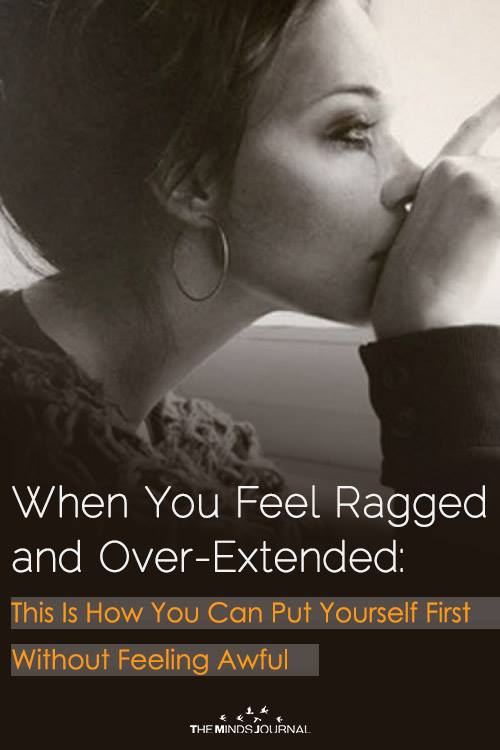
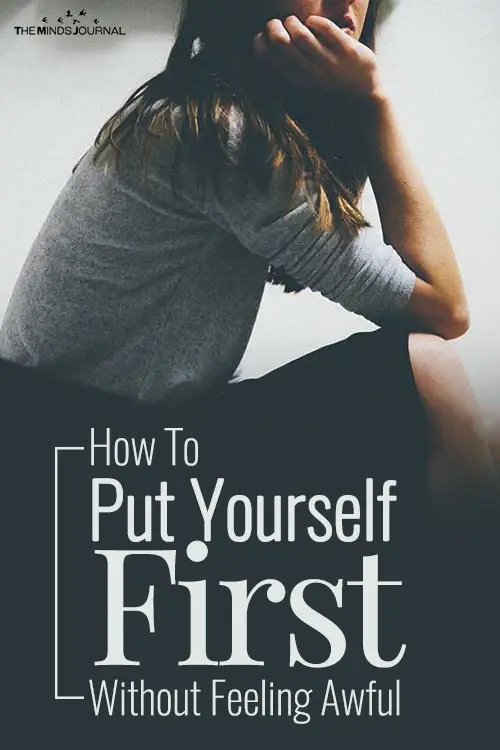
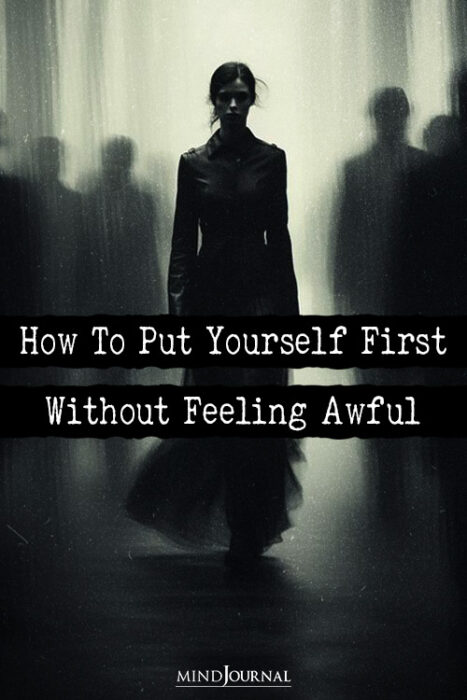
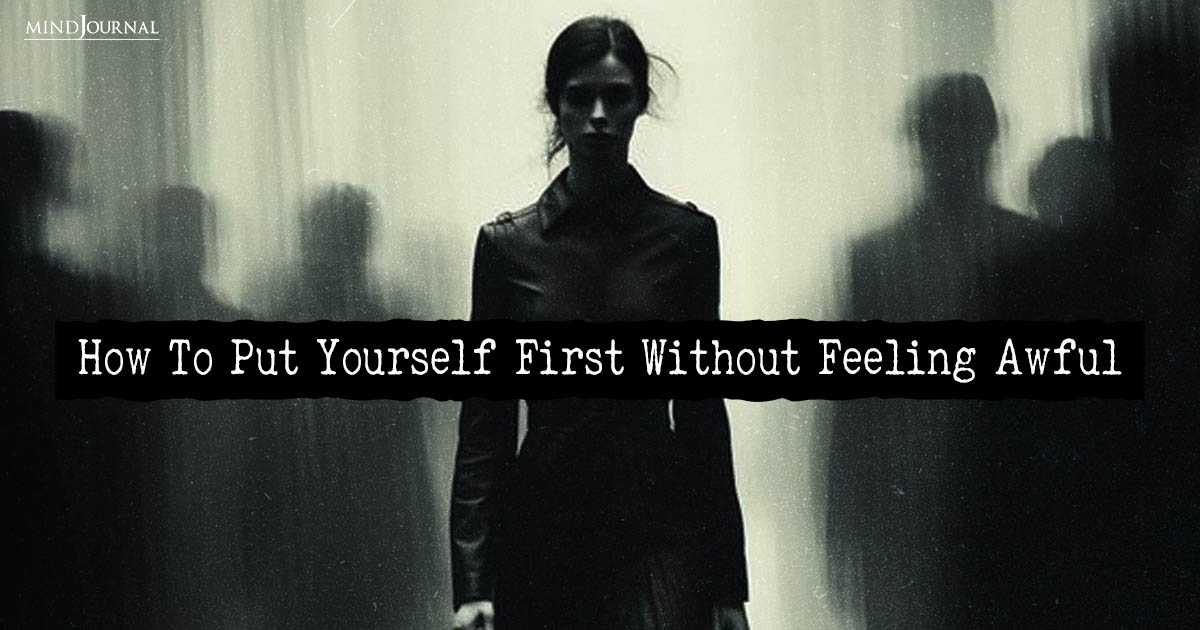







Leave a Reply
You must be logged in to post a comment.